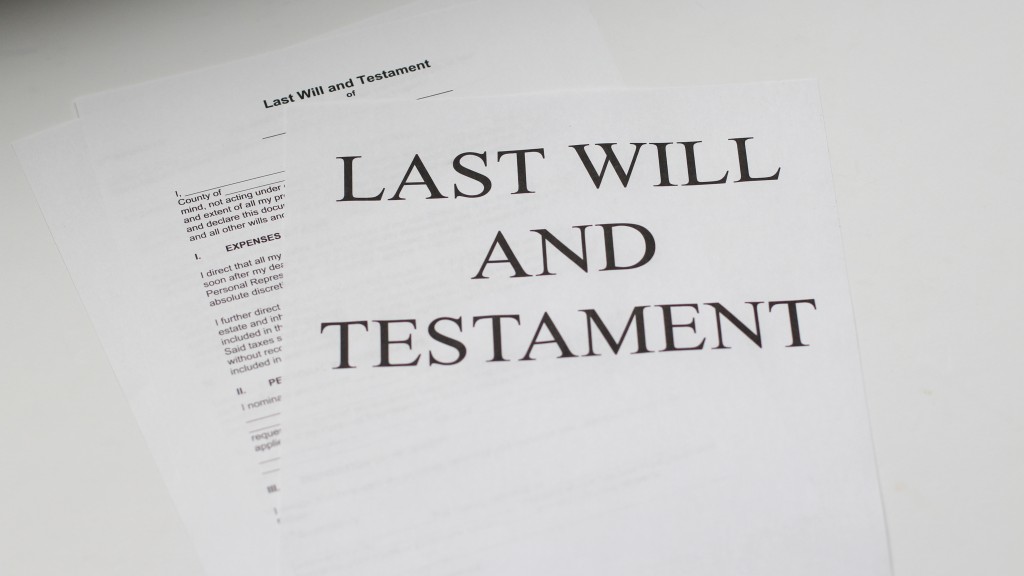Here’s the reality: when you die, nothing else concerns you. However, what you left behind can be a source of contention among family members and even business partners.
If you want to lessen their burden from your passing, you can consider planning your estate. That includes having your testament.
Although a will might be familiar to a lot of people, it can still be confusing for many. To help you talk about it clearly with your will and estate lawyers, learn the basics:
1. What Is a Will?
A will is a legal document that covers the following:
- Distribution and management of your assets from income to real properties
- Name of the executor of the will
- People who will receive the inheritance
- Custody of dependents, especially if they’re still minors
A will is different from probate, power of attorney, letter of administration, and advanced care directive. Let’s break them down:
- A probate is a legal step that determines the validity of the will. If it is valid, then the appointed executor can proceed with the stipulations of the document.
- A letter of administration is a document that contains the name of the court-appointed administrator in case you don’t have the will or it is invalid.
- A power of attorney is a document that identifies a person who can act on your behalf in case you are mentally incapacitated (you are no longer of sound mind).
- An advanced care directive instructs family members and health providers how to go about your treatment if you can no longer decide for yourself.

2. What Is the Purpose of the Will?
What are the benefits of having a will?
- You can avoid disputes among family members, especially if you have a complicated family tree. For example, you might have children from your previous relationships.
- If you have minors, you can decide early on who can take care of them instead of giving the job to the state.
- You can leave a legacy by choosing to donate some of your assets to charities.
- It provides an exit strategy if you have a company. You can decide whether to pass on the role to your family member, for instance, or leave everything to your business partner or employee.
- It shortens the probate since the court doesn’t have to appoint an administrator.
3. When Is the Best Time to Draft a Will?
There’s no better time to create your will than when you’re still healthy. For a will to be valid, you need to show that you decide on it while you’re mentally capable.
However, you might want to amend your will when big changes are happening that can affect your assets. These include the following:
- Marital status (divorced, widowed, or gotten married)
- Family status (some kids might have died or you welcome new ones after the will)
- Value and size of assets
- Growth, launch, or death of a business
- Income movements
- Personal relationships with the people you mentioned in the will
For a will to be valid and executory, it needs to meet the legal requirements. Thus, you have to work with qualified and experienced lawyers. Nevertheless, knowing the basics can help you participate and decide properly on the document’s contents.
